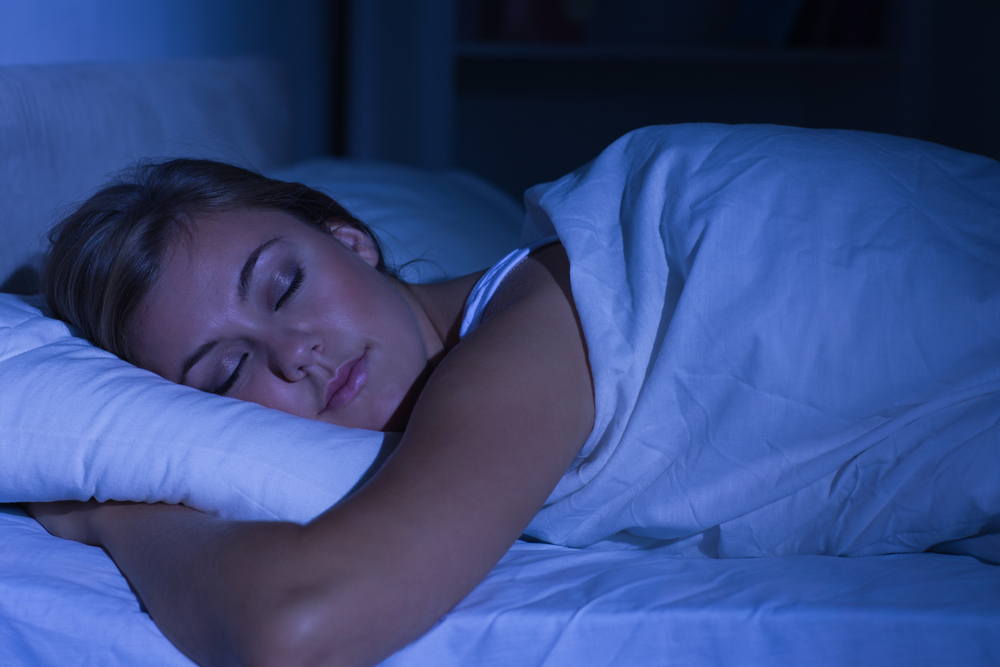Often times my patients come into the office to discuss their challenges with sleep. Here are some of the things I discuss with them, which may help you the next time you head to bed:
- Remove all distractors of sleep. Start by removing the TV, and ensuring the room is as dark as possible at night. Keep alarm clocks, telephones and that ever-so-distracting cell phone across the room as well to ensure quality sleep. Our brains are so active, that even leaving a device on a nightstand can prevent that deep sleep we need to feel rested.
- Associate the bed with sleep. When you only use your bed for sleep, it can create a healthy mindset for your brain to get into “sleep mode.” Try not to study or work in bed which can switch the brain to “work mode” and can keep you up through the night.
- Do not use alcohol to help with sleep. Alcohol can actually worsen sleep, and the rise in blood sugar from the alcohol mixed with your body’s natural cortisol level can cause you to wake up at odd hours when you should be fast asleep.
Sleep is such a critical part of a healthy lifestyle. If you’re having trouble, talk with your physician who can perform a detailed sleep history prior to creating a plan to put you on a path to a good night’s sleep. This plan may include your physician referring you to the Hoag Sleep Health Program for specialized care.
Hoag’s two sleep centers, the Judy & Richard Voltmer Sleep Center in Newport Beach and the Hoag Sleep Center Irvine, utilize the most advanced technologies and techniques to evaluate sleep disorders.



